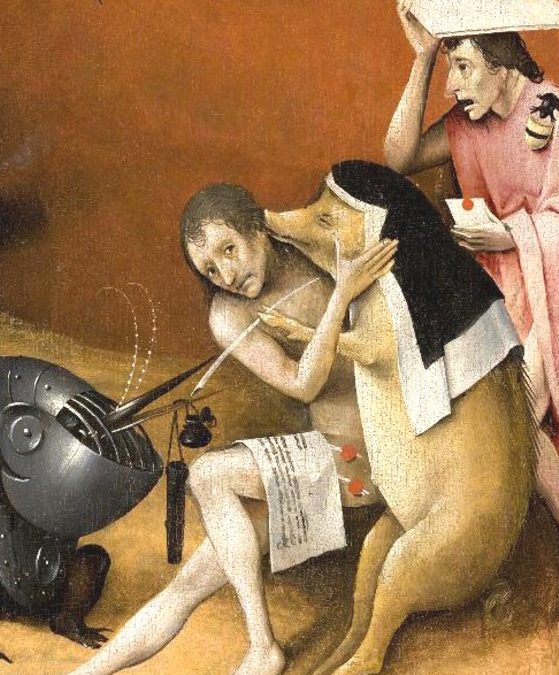 I’m creating a contract with a friend.
I’m creating a contract with a friend.
This is not a contract about friendship, it’s a contract about work.
I often work with friends, or make friends with people I work with, or pay people I come to consider my friends (I call them “paid friends,” but not to their faces). Some people get nervous around this kind of overlap, the blurring of lines, yet for me, my business friends are some of the people I’m most intimate with.
The nervousness is about what might or might not happen, what might go wrong if a disagreement crops up. I don’t avoid these blurrings, though I do find that checking in frequently about how things are going makes it easier to solve problems as they arise.
I go right ahead and pay my friends, either in coin or trade.
What I don’t do is set out the rules for social interaction before things get too deep. I’m reconsidering.
A few months ago, I suffered the kind of heartbreak I hadn’t experienced since I stopped dating and got married. I’d made a new friend, for the first time in a few years, with someone who seemed like exactly who and what I needed in my life, not just now but for all time, past and present. The kind of person who feels exactly right, who gets all my jokes (even in emoji-free texts), and who I’ve been reading about in books and longing for since I was a little girl.
And it didn’t work. It blew up, spectacularly, in my face. The triggering spark was something I said in jest that offended my friend, a joke that rode right on the edge of socially acceptable, a place where the two of us tended to hang out. The kind of joke, from my perspective, that she’d said to me and I’d said to her over and over during the handful of months when I woke up wondering what great joys were in store between us that day.
I offended her and hurt her and when she pointed that out the next morning in a Facebook message, I apologized.
Yet there was something wrong. Something deeply off in the exchange.
It was the word, “Why?”
Now, I’m not one of those people who thinks that good communication in relationships means I tell another person precisely what I want (never show up late without flowers, always ring the doorbell instead of phoning from the car, tell me when I’ve got something on my face or my hair looks goofy) and expect the other to memorize and obey my demands.
However, interestingly, during what turned out to be our last conversation, I’d mentioned that I didn’t like the question “Why?” In the context of Why did you park here? or Why didn’t you leave the house earlier? or Why did you buy chocolate when I like vanilla? these questions are essentially unanswerable.
In the movie Heathers, the answer to “Why?” is “Because you’re an idiot, Dad.” That seems to be the subtext of many of these “questions.”
Now I admit there are “Why” questions that move the world of ideas forward, that help us explore our place in the universe, that help us understand what is meaningful and powerful in our lives. Why did you say that thing that hurt me? isn’t that kind of question at all.
The answers I could have given (and might have hinted at) included a) because I’m an idiot, b)because I was joking and when you laughed I believed I had gotten the tone just right, c) because I made another joke a lot like that one you liked a lot, d) because it was a callback to one of our first coffee dates, and as in a romantic relationship, I wanted you to see that our shared history was valuable to me.
But the question behind the question was really, Why did you hurt me? The implication that I set out to hurt my friend and that I chose something to say that was hurtful because I knew I could stung me, and I lost my ability to think. I was overwhelmed in shame. Why would I choose to hurt someone I loved? I must be a bad person and not know it.
Or I must have crossed an invisible tripwire and triggered the explosion that ensued.
Yet looking back over the 4 month history of this friendship, I started to find more and more tripwires. They had been laid in my full sight, with my knowledge and collusion, and I could map them easily and just as easily avoid them. I knew not to call her on the phone, I knew not to start a chat conversation with her if I didn’t have time to finish (though I might not always know the difference between checking in and plunging into a deep pool of satisfying connection), and I knew, from reviewing the stories she’d told about other ex-friends, what caused the ex-ing: unreliability, changing dates at the last minute, certain kinds of personal remarks.
These were wires I could avoid, and did avoid, and felt very proud of myself for avoiding. This was my friend, after all, the longed-for bestie of my yearnings, and I wasn’t going to cross any of those tripwires. When they started getting thicker on the ground or were starting to get hinted into existence, I noticed, and worried about breaking the rules, and even, on that last night of conversation and connection and offense and hurt, started to ask about standards and requirements.
So what would those standards and requirements be, in a perfectly legalistic world, if there were to be a friendship contract created purposely at the outset?
Well, apparently, the Netherlands has already addressed this with their innovative vriendschapscontract. Extending legal protection into best-friends situations is an extension of the simple idea that social contracts go beyond the family and beyond same-sex marriage. While I don’t know the details of Dutch law (beyond one article in Wikipedia), I do know that my contract, were I to formalize one, would be very simple and would cover the few bits of wisdom I’ve gleaned from 23 years of negotiations with my primary contractual relationship partner, a/k/a my husband Steve:
- Assume I’m on your side.
That just about covers it. That’s where I go wrong more times than not. Why would Steve say that thing to me? Well, because he’s on my side. That’s why he suggests food or sleep or getting out of the house when I’m cranky. That’s why I’ve learned to hear a question as a question, not as a secret agenda. Are you going to wear a coat? doesn’t mean, Only a stupid bad person would wear a coat or That coat looks dumb, because Steve is on my side. It most likely means, I don’t know how cold it is, but I know how to calibrate my layers based at least in part on what you think is necessary, and if I end up over- or under-dressed because I did what you’re doing, there’s no one to blame but me.
No tripwires. No misunderstanding so deep and intractable that I forget my basic humanity, or his. No argument about the meaning of coat, or weather, or self.
Sign here, on the dotted line.
Composition note: I found a draft of this, three-quarters finished, while I was searching for some other document with the word “connection” in it. (In my files and folders, that doesn’t narrow things down very much; it’s one of my favorite concepts. Only connect!) I started it probably a month ago or more, and the statement I open with, “I’m creating a contract with a friend,” ended up being a lie. My friend and I are working together without a contract. Perhaps that is because over the years we’ve known each other, we’ve always assumed the other person is on our side. I didn’t know that would be my single contractual point when I set out to write this, but when I wrote it down, I saw that it encapsulated neatly one of the central conflicts I carry around and project onto others, the fear that nobody is on my side but me. I’d have to say the burden of history, and the fact that my mother brought me groceries yesterday, and the fact that my son asked me if he could get me anything before he left the house the other day, suggests that the people I hang out with don’t need a more airtight vriendschapscontract.
I’d love to hear what would go into your vriendschapscontract. Have I left anything out?

